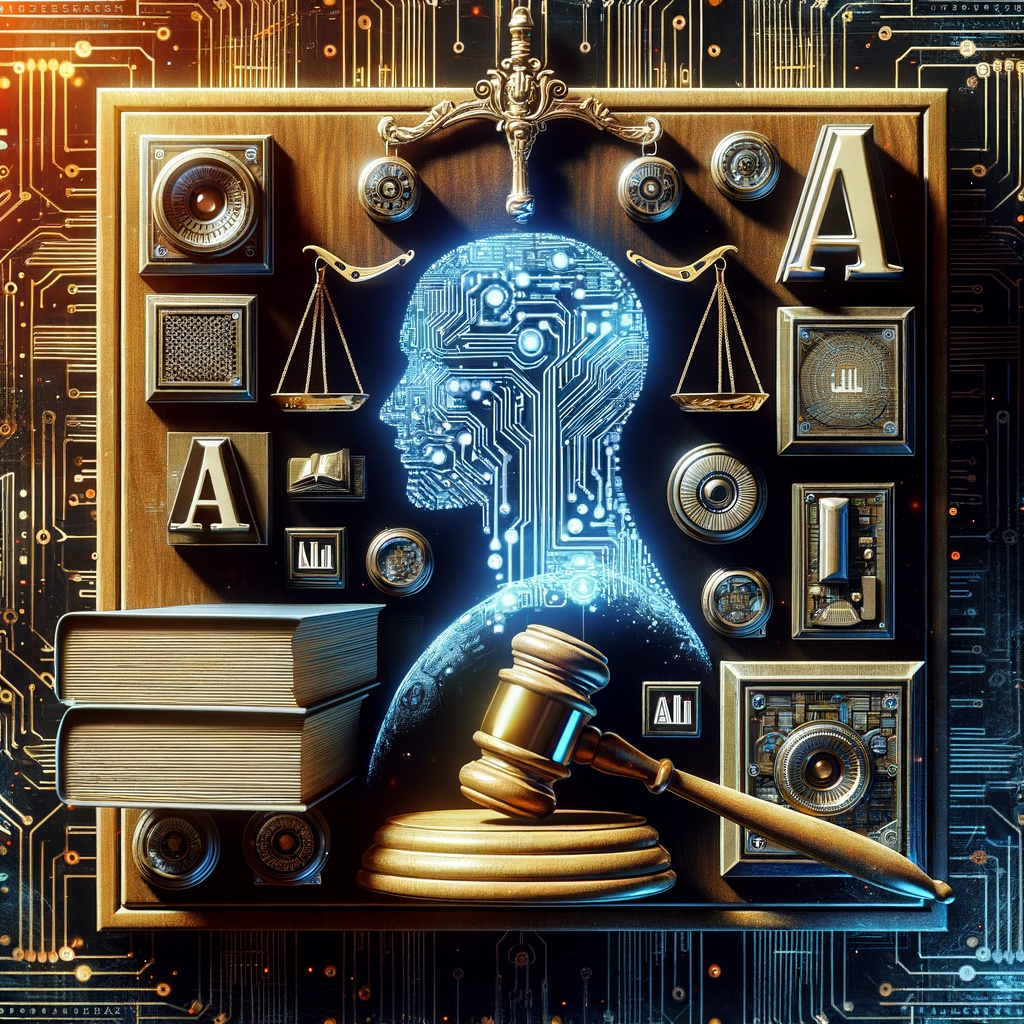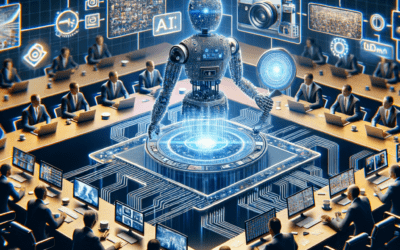Paul’s Perspective:
The advent of AI in the legal sphere signifies a pivotal shift in how legal services will be delivered. Understanding this trend is essential because it directly affects the efficiency and cost structures of legal service delivery, which in turn can impact business operations across all sectors.
Key Points in Article:
- Generative AI reduces time spent on legal documentation.
- It introduces cost savings and faster turnaround times for clients.
- The technology raises questions about the future roles of legal practitioners.
- There are ethical and privacy considerations related to AI in law.
Strategic Actions:
- Profile how AI is currently being used in legal contexts.
- Analyze the specific tasks AI is optimizing for lawyers.
- Discuss the potential changes to legal jobs due to AI.
- Examine the ethical concerns surrounding AI’s use in legal scenarios.
- Explore the future implications for firms adopting AI technologies.
Dive deeper > Full Story:
The Bottom Line:
- This article examines how generative AI is transforming the legal sector by streamlining repetitive tasks.
- It underscores the potential for increased efficiency and the implications for legal professionals.
Ready to Explore More?
As AI revolutionizes the legal industry, our team is on hand to help integrate these innovations in a way that uniquely benefits your business operations.





